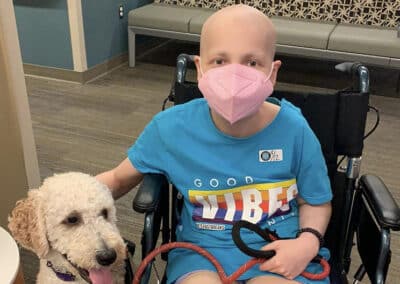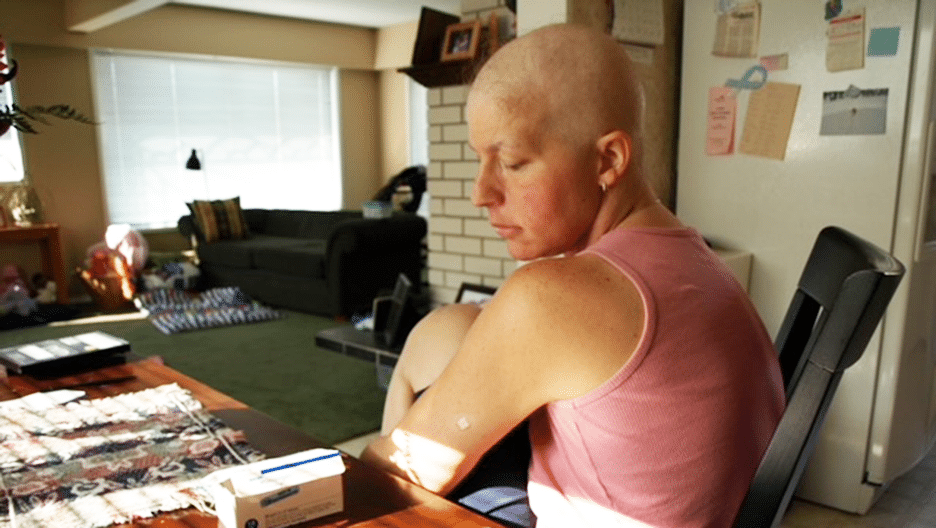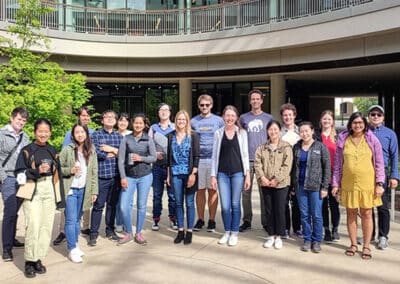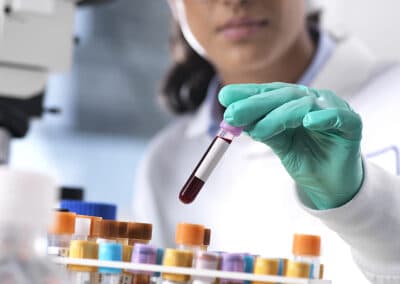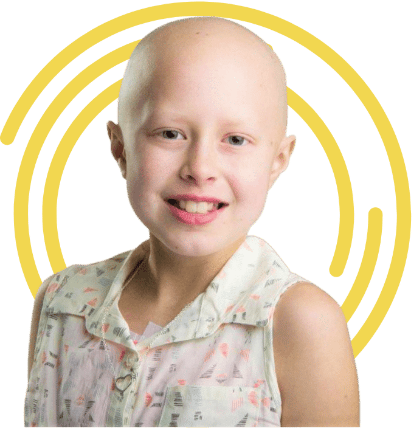Facing osteosarcoma or another cancer can stir a mix of emotions that often shift over time: Fear may give way to anger, sadness can follow confusion, and all of these feelings are natural. By recognizing the mental health impacts of cancer, parents can better support their children and know where to go for help.
Mental Health and Cancer: The Diagnosis
Hearing the words “you have cancer” can bring shock, fear, confusion, and grief.
“A lot of tears. That’s typically what I see,” says Kurt R. Weiss, MD, associate professor in the Department of Orthopaedic Surgery at the University of Pittsburgh School of Medicine. “It can be scary because with osteosarcoma, there is a lot of uncertainty, and treatment can be a long road. It is not like we can say it is definitely going to be fine.”
Mental health and cancer are closely connected. A young person’s understanding of their diagnosis and emotional response typically depend on age and developmental stage.
A child’s reaction to a cancer diagnosis depends heavily on their stage of development. Very young children may not fully understand what’s happening but often absorb their family’s worry. School-aged children tend to grasp the seriousness through what they’ve seen in books or media. Teenagers and young adults typically understand the diagnosis most clearly, yet this awareness can heighten concerns about appearance, independence, and relationships.
Cancer’s Impact on Family Mental Health
A cancer diagnosis affects the entire family. Parents, siblings, and caregivers each have their own emotional responses, and the stress from cancer can disrupt routines, relationships, and family dynamics.
“None of this happens in a vacuum,” says Dr. Weiss, who is also the vice chair of Translational Research and director of the Musculoskeletal Oncology Laboratory at the University of Pittsburgh School of Medicine. “Siblings might get jealous because while they are getting ready for prom, mom and dad are in the hospital with their brother, who is getting chemo. There can be anger followed by guilt for having felt angry or jealous in the first place. There are a lot of complicated emotions.”
While it is natural to focus on the person with cancer, the whole family feels the impact. Supporting everyone’s mental health can help make the journey less overwhelming and strengthen family bonds.
Anxiety and Stress From Cancer Treatment
For children, adolescents, and young adults diagnosed with cancer, treatment can bring significant social and emotional challenges.
Treatment side effects, including changes in weight, hair loss, pain, or extended time away from school, can be difficult to manage and often feel just as disruptive as the medical regimen itself.
For those with osteosarcoma, these changes can be especially profound. Treatment may alter how the body looks or functions, sometimes permanently, and this can affect body image and self-esteem.
“These are young people; they are super active people. They want to do what their friends are doing,” Dr. Weiss says. “They want to play basketball and fast-pitch softball. It is heartbreaking when they are unable to do so. Even when they are better, they are never back to normal. It would be a big deal for anybody, but especially for kids and teens.”
If your child has been diagnosed with cancer, make sure they have the emotional support they need. If you notice persistent sadness, withdrawal from friends, difficulty sleeping, refusal to attend appointments, or talk of self-harm, reach out to your cancer care team for mental health support.
